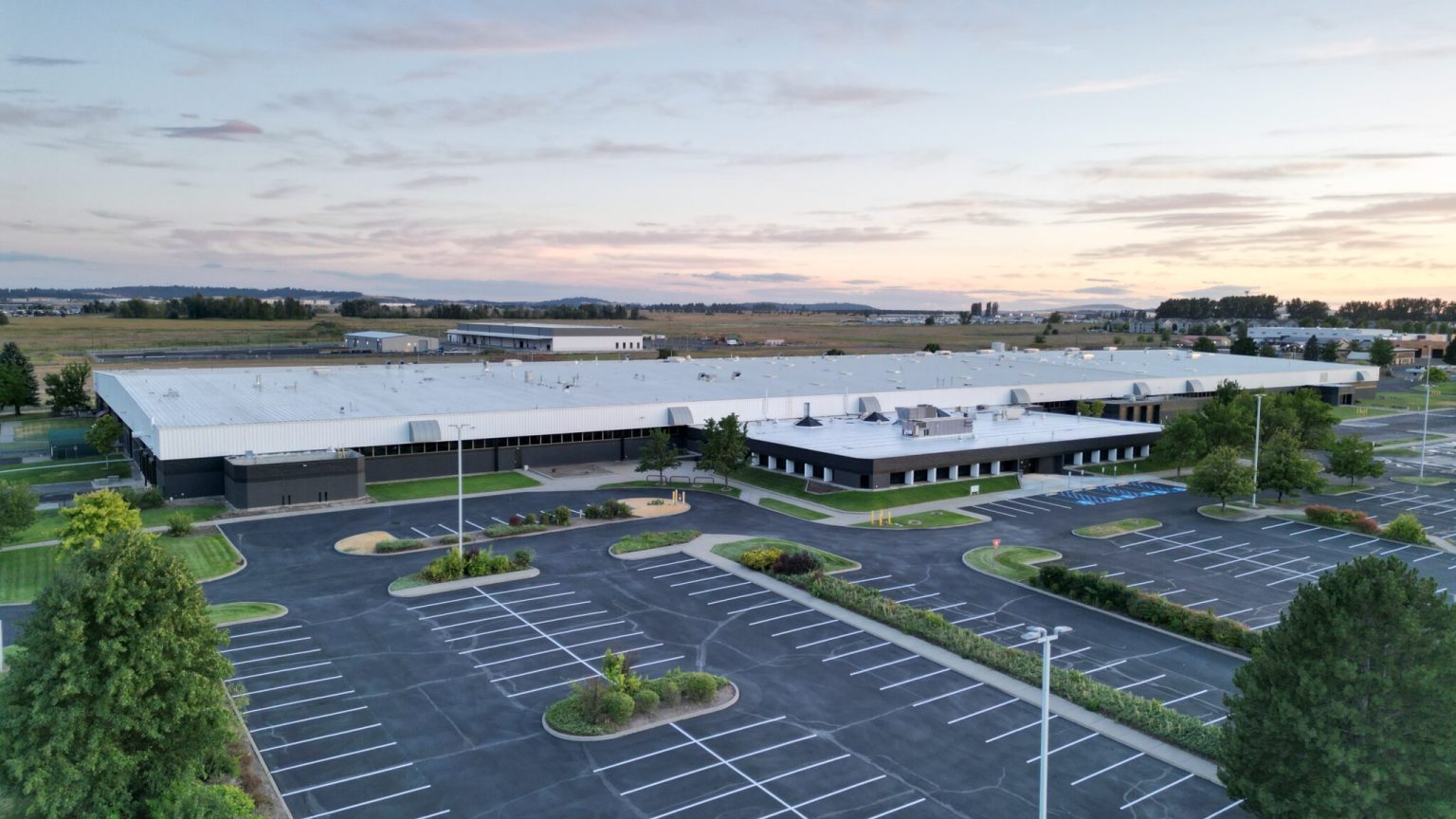The American Aerospace Materials Manufacturing Center (AAMMC) Tech Hub in Spokane, Washington, has received a significant boost with a $48 million grant from the U.S. Department of Commerce’s Tech Hubs program. This funding comes after the consortium’s initial application for a $72 million grant was unsuccessful. The AAMMC Tech Hub, a collaborative effort involving nearly 50 organizations in the Spokane area, aims to establish a first-of-its-kind testbed facility in the United States dedicated to the development and manufacturing of advanced thermoplastic composite materials for aircraft. This initiative is poised to revolutionize the aerospace industry by offering a more sustainable and versatile alternative to traditional metal components and even existing thermoset composites.
The $48 million grant represents a substantial investment in the future of aerospace manufacturing and underscores the importance of innovation in this critical sector. The Tech Hub designation, part of the Biden administration’s broader strategy to stimulate technological advancement across the nation, recognizes Spokane as a burgeoning center for aerospace innovation. This initiative aligns with national priorities to enhance domestic manufacturing capabilities, improve fuel efficiency in aircraft, and foster economic growth in regions beyond established tech hubs. The funding will support the development of the AAMMC’s planned 386,000-square-foot facility near Spokane’s airport, providing a dedicated space for cutting-edge research, pilot manufacturing, and workforce training.
The AAMMC’s focus on thermoplastic composites signifies a paradigm shift in aerospace materials. These materials, designed to replace traditional metal components, offer significant advantages in terms of weight, strength, and flexibility. They are also more environmentally sustainable than their thermoset counterparts, aligning with the growing global emphasis on reducing carbon emissions and promoting sustainable manufacturing practices. The development and application of these advanced materials are expected to have far-reaching implications for the aerospace industry, leading to lighter, more fuel-efficient aircraft, and potentially transforming aircraft design and production processes.
This initiative has garnered strong support from Washington state’s political leadership, including Senators Maria Cantwell and Patty Murray, who recognize the transformative potential of the AAMMC Tech Hub. They emphasize the importance of investing in advanced materials research and manufacturing to maintain the United States’ competitive edge in the global aerospace market. The development of these technologies is not only crucial for advancing the aerospace industry but also for creating high-skilled jobs and stimulating economic growth in the Spokane region.
The AAMMC represents a significant public-private partnership, with industry partners already pledging $8 million in matching funds and committing to $70 million in in-kind contributions. This collaborative approach underscores the shared vision and commitment to advancing aerospace manufacturing capabilities. Gonzaga University President Thayne McCulloh, a key figure in the initiative, has expressed confidence in the Tech Hub’s potential and emphasized the ongoing pursuit of additional funding to support education and workforce development programs. These programs are essential to ensuring a skilled workforce capable of driving innovation and meeting the growing demand for expertise in advanced materials manufacturing.
The AAMMC Tech Hub is poised to become a national leader in the development and application of advanced thermoplastic composites for aerospace. This initiative not only strengthens the Spokane region’s position as a hub for aerospace innovation but also contributes to the nation’s broader goals of enhancing manufacturing competitiveness, promoting sustainable practices, and creating high-quality jobs. The successful launch of this Tech Hub, backed by significant federal funding, private sector investment, and strong community support, promises to accelerate the adoption of cutting-edge materials and manufacturing processes in the aerospace industry, ushering in a new era of lighter, more efficient, and environmentally friendly aircraft.


